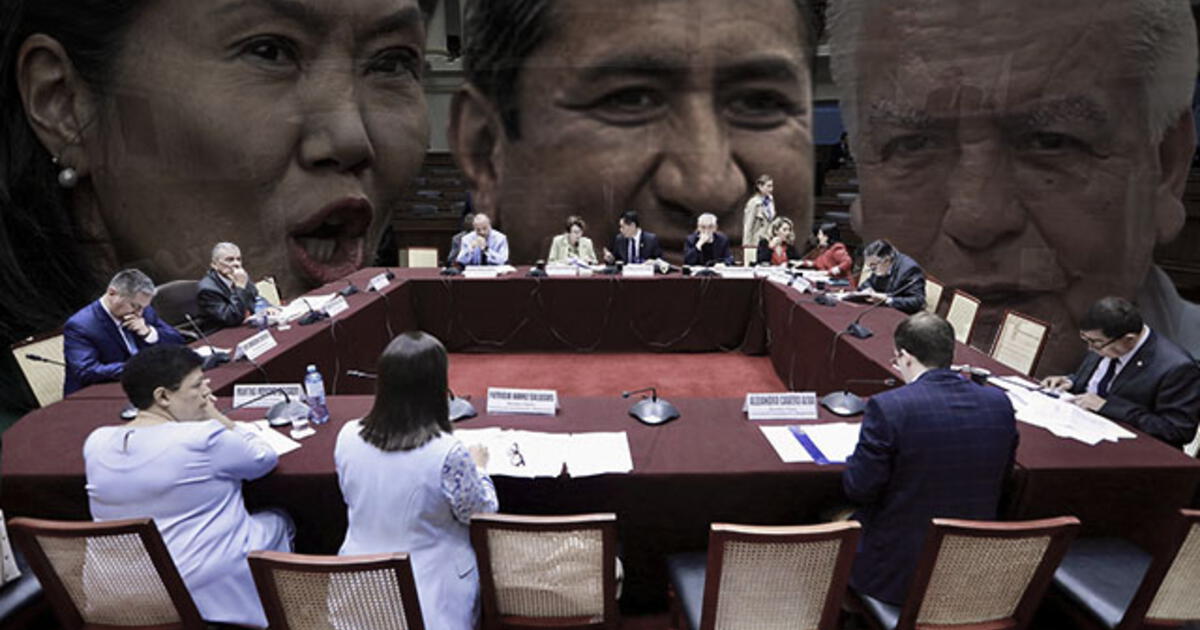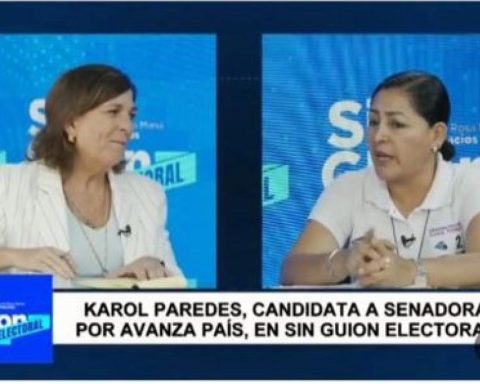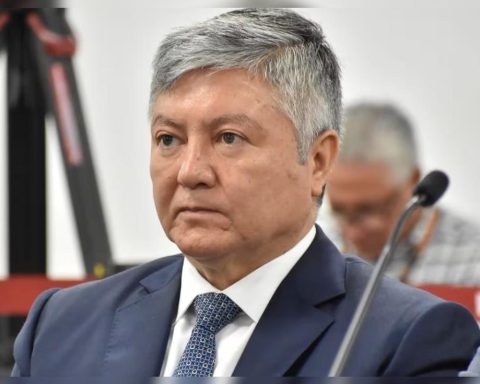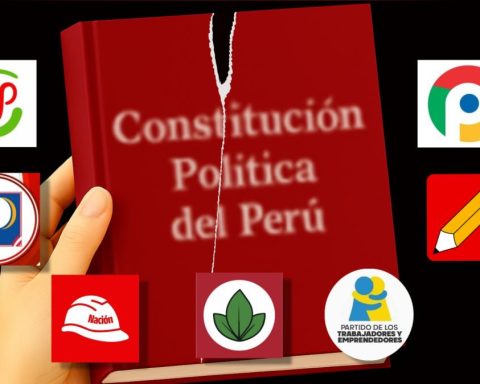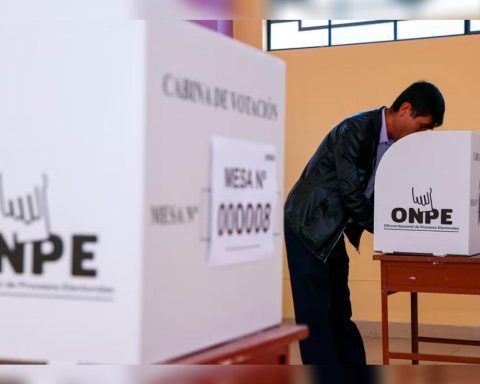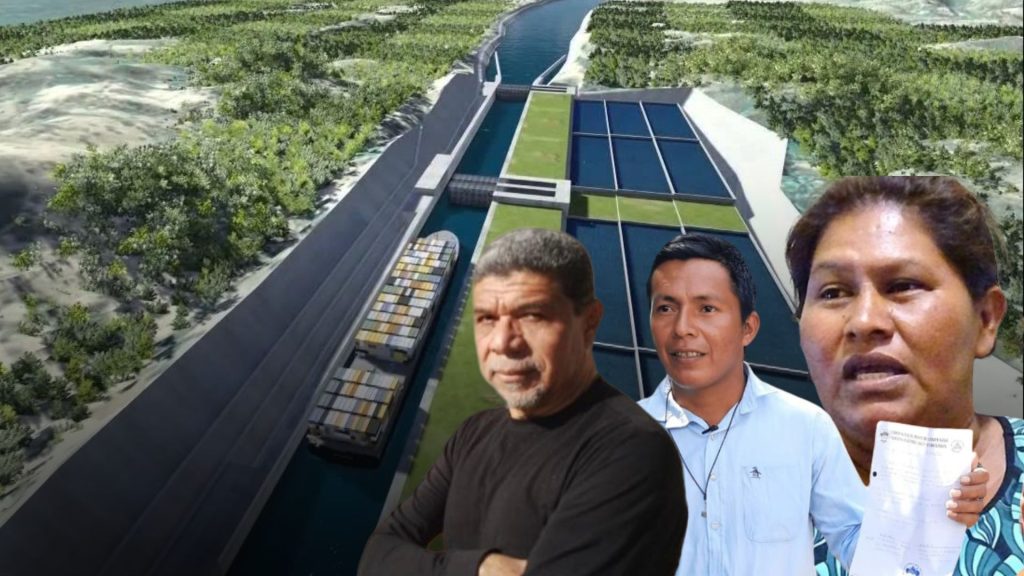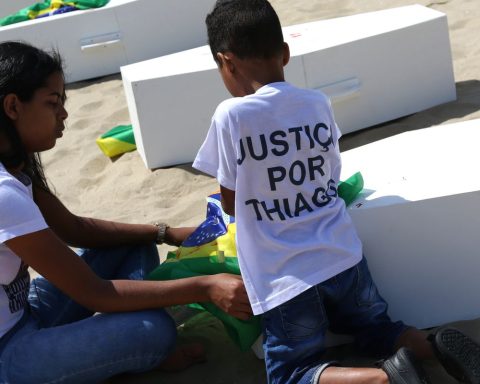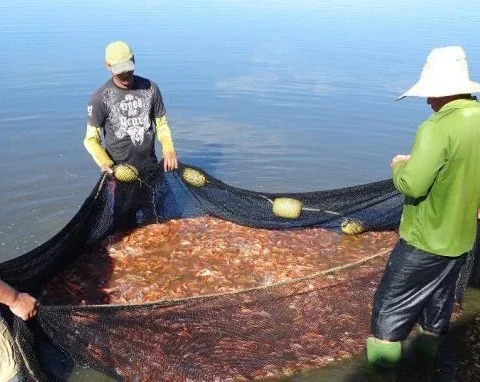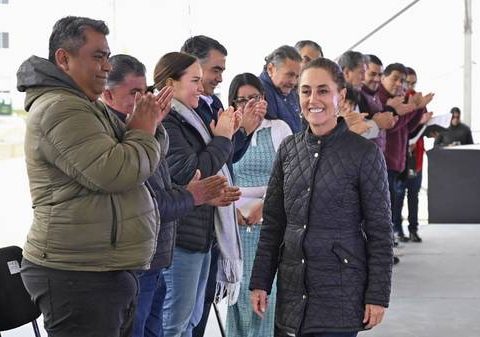In just one week, the Congress has approved three normative texts that hit the electoral system and democracy in Peru. The attacks are now being promoted with greater determination, with a view to controlling the double election process that we will have in 2026.
On the one hand, the plenary session approved in the first vote a constitutional reform that weakens the autonomy of the National Election Jury (JNE). This is a new attempt to control this organism.
In parallel, the Constitution Commission, led by Fujimorism, approved two legal opinions. One of them brings down the internal democracy and now the hand-picked designation of candidates will prevail, including non-affiliates.
The second ruling has to do with party financing and one of the main changes is that Peruvians will have to pay the fees of the lawyers of the party owners.
Reform against the JNE
On Wednesday, the plenary session approved, with 89 votes, a constitutional reform that, in practice, shortens the mandate of the new president of the JNE for 2025.
The lawyer Roberto Burneo swore like new president of the JNE on Thursday. According to current rules, he would have to maintain leadership of said autonomous constitutional body for a period of four years.
However, the reform establishes that Burneo would have to leave office in 2025. In this way, the parties with power in Congress will have the opportunity to appoint someone related to their interests and thus the path will be smoother for 2026.
The approved reform includes the modification of the method of election of the president of the JNE. Currently, the position automatically falls to the representative of the Judiciary. This system has made it possible to guarantee the autonomy of the JNE.
But in 2025, the head of the JNE may be elected among the five members of the plenary session. This modification opens the way for a representative of the universities to be in charge of the JNE, with the risk of little independencegiven the interference and closeness that the parties have with many higher education institutions.
This counter-reform is promoted by those who lost in the 2021 elections. That is, Fuerza Popular, which chairs the Constitution Commission, with Fernando Rospigliosi. In Wednesday’s plenary session, there were votes of support from Perú Libre and APP, and all its satellite groups.
Approved opinions
Rospigliosi himself assured, last Tuesday, the voting of two opinions in the Constitution group. The first establishes the rules for the election of the next bicameral parliament, including increasing it to more than 237 representatives, including deputies and senators.
But in this text, Rospigliosi included of smuggling a paragraph that allows party owners to handpick candidates for mayors and governors. The poor writing of the text enables the leadership to hand-pick 100% of applicants, with the additional option of being able to place people who are not affiliated.
With this rule, internal democracy will only be symbolic. The members will go to the polls, but the owners will be able to impose 30% of applicants from each regional or municipal list.
The second ruling has to do with party financing. One of the changes is for Peruvians to pay the legal fees of the owners or leaders of the parties, such as the accused Keiko Fujimori or the fugitive Vladimir Cerrón. This, through public financingwhich is the money that all parties already receive.
This same ruling enables political groups to once again receive money from private companies and undeclared contributions will no longer be considered from a prohibited source.
The opinions must now go to the plenary session for debate and final vote.
